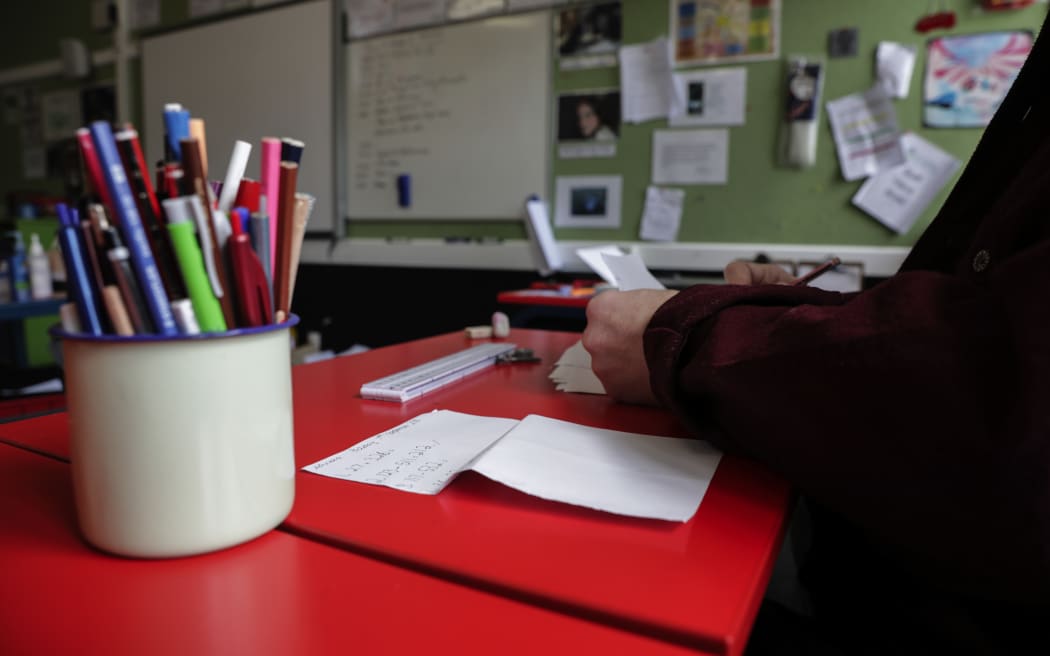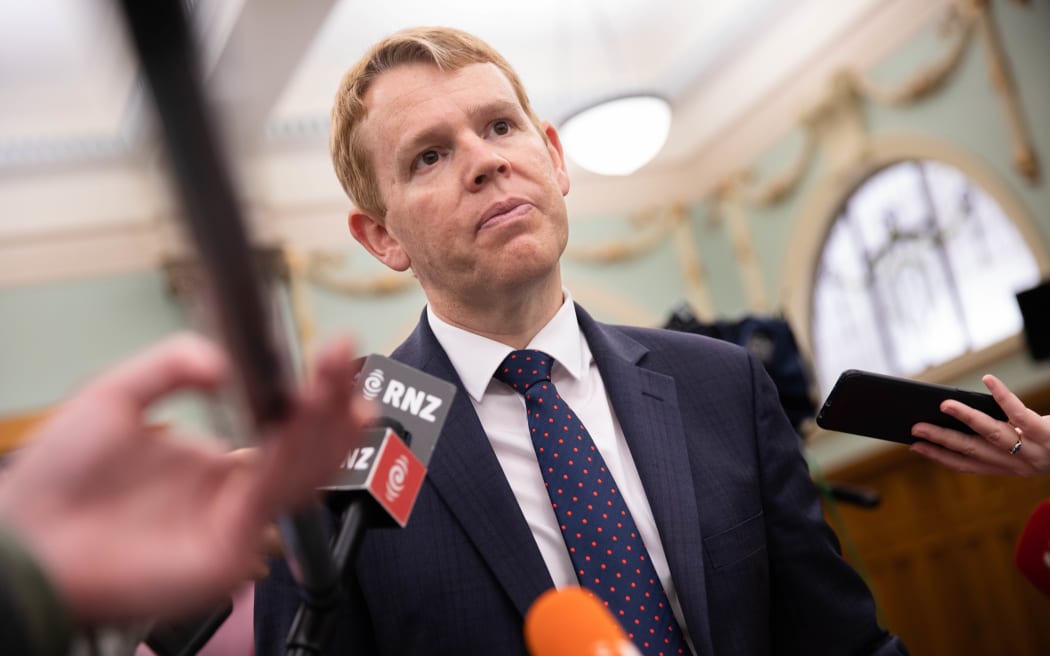
Photo: RNZ / Richard Tindiller
Schools are finding out today how much money they get under the new equity index system that replaces school deciles in 2023.
The government said Northland schools would get the biggest increases, an average of $223 per pupil, while South Auckland schools' average increase of $70 would take them to an average of $525 per pupil.
It said nearly 90 percent of schools would get more funding under the new system thanks to a $75 million or 50 percent boost in the amount of money available.
However about 200 schools would get less funding, though their decreases would be phased in at a rate of 5 percent per year from 2024.
The equity index was based on 37 factors known to influence students' NCEA achievement and was regarded as more accurate than the decile as a measure of socio-economic disadvantage.
Schools were recently allocated a number between 344 and 569 based on information about their students over the past three years.
Higher numbers indicated more disadvantage and the numbers would be recalculated every year, unlike the decile which was based on census information every five years.
The ministry had urged schools to help avoid the numbers being misused as an indicator of educational quality and suggested they did not use their numbers in promotional material.
Education Minister Chris Hipkins said the index would ensure more resources were going to the schools that needed them most.
He said the calculation of equity index numbers had made 155 schools eligible to join the government's donation scheme, which had been restricted to schools in deciles 1 to 7. Schools no longer in the band of eligible schools could remain in the scheme.

Education Minister Chris Hipkins. File photo. Photo: RNZ / Angus Dreaver
In addition, 24 schools had become eligible for the govenment's free school lunches scheme.
Principals Federation president Cherie Taylor-Patel said the index was a significant change to the way schools were funded.
But she warned that overall school funding was still insufficient, despite the increase to equity funding.
Secondary Principals Association president Vaughan Couillault said the index would ensure schools with a similar student profile received similar rates of funding.
Education Ministry figures showed most schools' funding would increase slightly next year.
More than 600 schools would get 10 to 20 percent more, several hundred would get 20 to 30 percent more and a small number would get 30 to 40 percent more.
The national average equity index number was 463 and regional averages ranged from 444 in Auckland and Canterbury to 506 in Tai Tokerau.






